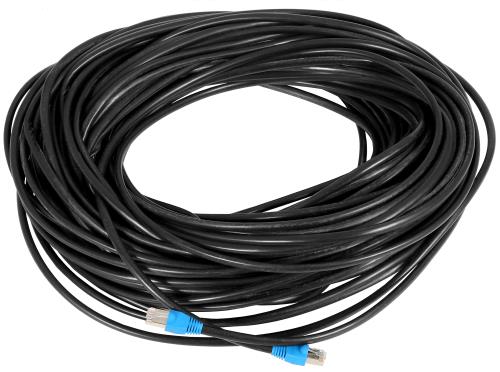Gangster Gardener
“Let’s all be: Ecolutionary, Renegades, Gangsters. We have to change the script on what a gangster is. If you ain’t a gardener, you ain’t gangster! Be gangster with your shovel; And let that be your weapon of choice.”
Ron Finley
Et voila!
We all need a hero. At least, we all seek to have one and be inspired. Ron Finley is my modern hero. There are more like him out there, so we all can have heroes and even share them.
Ron’s TED talk says all that we, the team of CC GROW, believe in: “Food is the Problem and Food is the Solution.” In a New York Times article, Ron’s philosophy is perfectly laid out:
“People need to realize how powerful the transformation of soil can be,” he said, with a hint of evangelism. “We’ve gotten so far away from our food source. It’s been hijacked from us. But if you get soil, plant something in it and water it, you can feed yourself. It’s that simple.”
There is nothing more empowering than being active about change, responsible for transformation, and the inspiration for all generations.
Ron Finley is an example that we can all start to make a difference: in our yard, on our front lawns, inside our homes. Start moving dirt and growing plants that you can eat! Take charge of your health through the power of what you eat! Feed your soul and body with the best healing: gardening is therapy and food is thy medicine!
Let this be your gospel! And be proud to be a gangster gardener!
Ron Finley: A guerilla gardener in South Central LA
[videowrap][/videowrap]
Ron’s website: for more inspiration on “doing” not “talking”
And because he “walks” the “talk”, if you want to help the Ron Finley Project
http://crowdrise.com/RonFinleyHQ/



